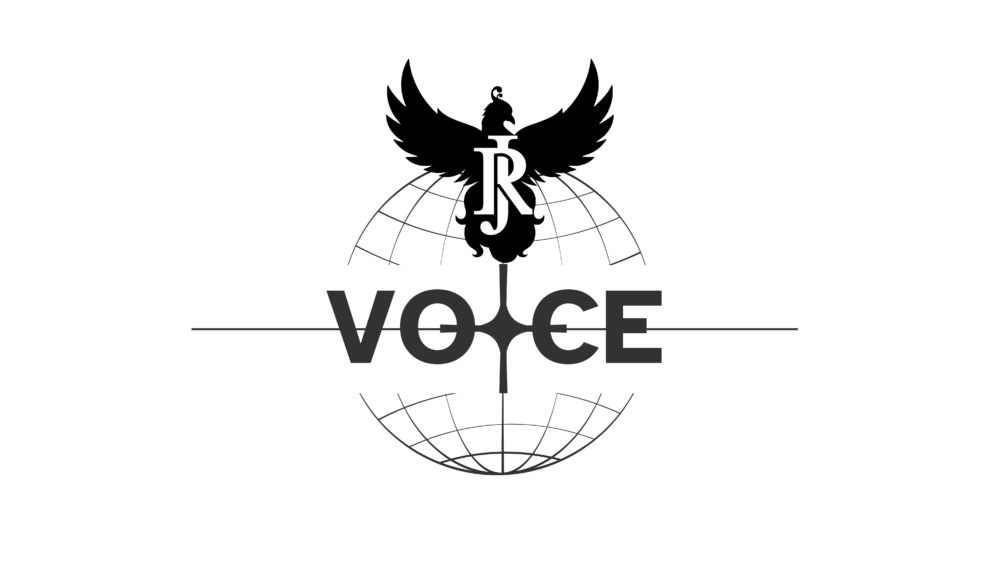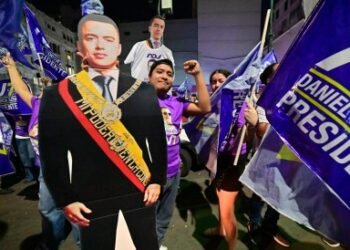Keith Kellogg, serving as U.S. President Donald Trump’s special envoy to Ukraine, has put forward a proposal that envisions British and French troops overseeing designated zones in Ukraine as part of a post-conflict stabilization effort. The plan, aimed at maintaining peace following a potential ceasefire, would establish a military presence west of the Dnipro River, while leaving Russian-occupied territories in the east under a separate arrangement.
Kellogg likened the strategy to the division of Berlin after World War II, where the city was split into sectors managed by the U.S., Britain, France, and the Soviet Union. In this scenario, the proposed multinational force would act as a non-provocative “reassurance force,” offering stability and support for Ukraine’s sovereignty without directly confronting Russian forces.
He emphasized that the United States would not deploy its troops as part of this arrangement. Instead, Kellogg suggested that Western European nations, particularly the UK and France, take on responsibility for securing areas in Ukraine west of the Dnipro, a natural geographic boundary that would serve to reduce friction with Russian-held zones.
Central to the proposal is the creation of a demilitarized zone (DMZ) along the current line of contact between Ukrainian and Russian-controlled territories. This buffer would serve to prevent unintended clashes and could be monitored to ensure compliance. Kellogg acknowledged that violations could occur but argued that such a zone would be relatively easy to oversee, especially with international participation.
Kellogg, a retired lieutenant general and former acting national security advisor during Trump’s first term, said Ukraine’s size made it possible for multiple allied forces to operate within its borders without creating further instability. He underlined that any such effort would be contingent on a ceasefire agreement and would only be implemented in the aftermath of a truce.
After the interview drew significant attention, Kellogg clarified his remarks on social media, stating that his comments referred to a post-ceasefire scenario and not the permanent partitioning of Ukraine. He emphasized that the zones of responsibility would be temporary security measures designed to help Ukraine preserve its territorial integrity and independence.
The concept of a reassurance force is reportedly being discussed among a coalition of 30 countries, with the UK and France playing leading roles. These talks aim to establish a multinational presence that could bolster any future peace framework and provide Ukraine with security guarantees. However, the practicalities—such as the size of the force, specific contributors, its rules of engagement, and the level of U.S. backing—remain unclear.
While Kellogg’s suggestion aligns with efforts to bring the conflict to a negotiated resolution, he admitted that Russian President Vladimir Putin might not be open to such a plan. Nevertheless, he stressed the importance of preparing for a post-conflict reality, where international forces could play a stabilizing role in Ukraine’s recovery.
On the political front, the question of Ukrainian President Volodymyr Zelensky’s legitimacy has surfaced, as his initial term ended in May 2024. Ukrainian law suspends elections during wartime, and all major opposition figures agree that no vote should take place until peace is restored. Kellogg expressed confidence that elections could follow a ceasefire, though he reiterated that such decisions lie solely with the Ukrainian parliament and people.
He also noted that diplomatic ties between Ukraine and the United States were improving, referencing renewed negotiations over Ukraine’s natural resources. According to Kellogg, officials are attempting to transform a commercial agreement into a broader diplomatic initiative in the coming days.
The proposal, while still in the early stages of consideration, reflects ongoing efforts to envision a sustainable peace framework and post-war reconstruction strategy that involves international collaboration and long-term security commitments for Ukraine.































































